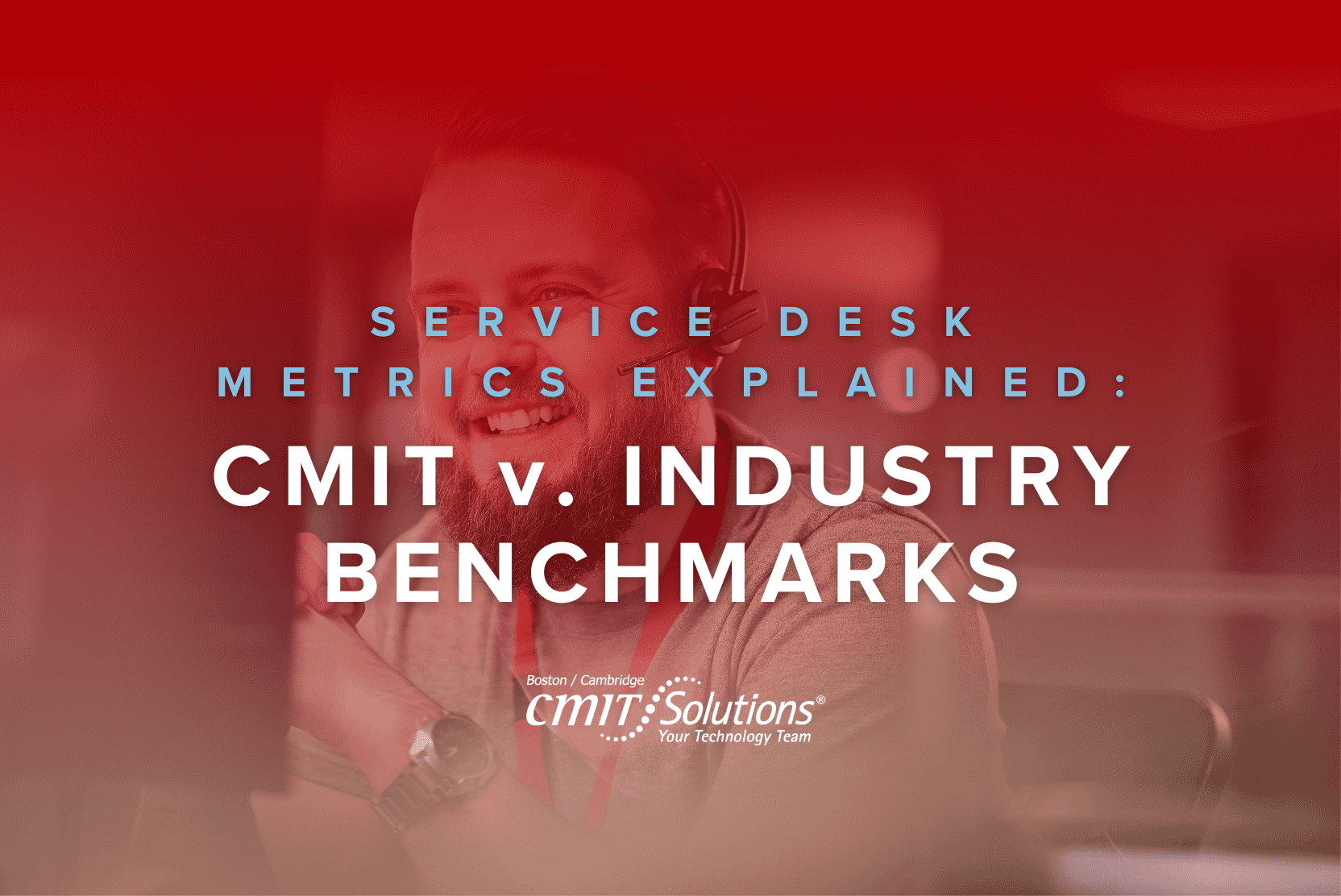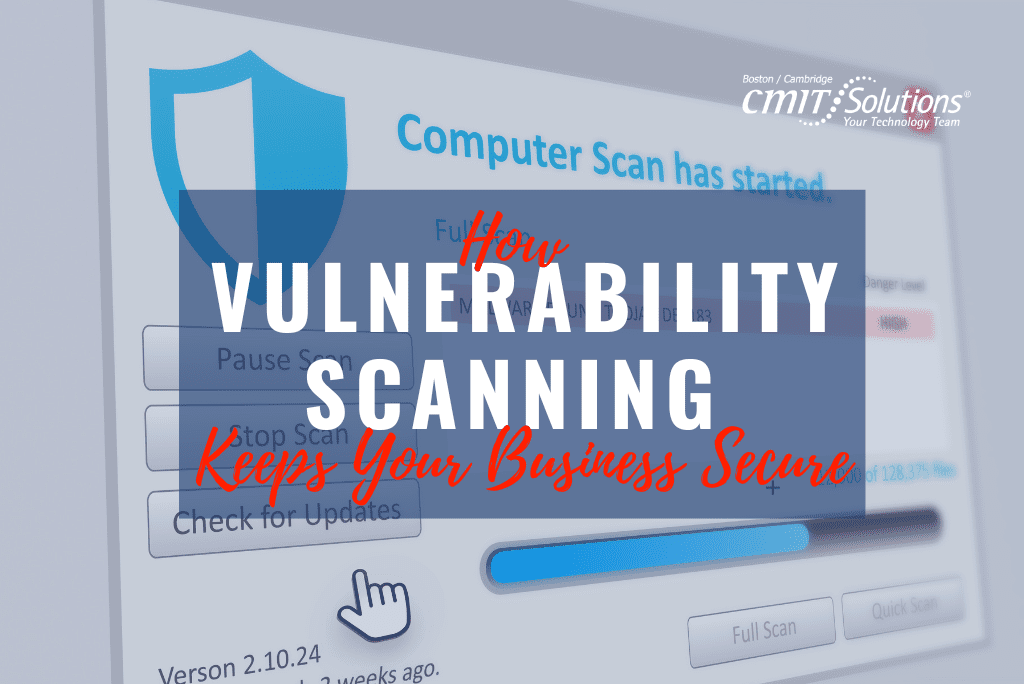Running an effective service desk is integral to maintaining positive customer relationships and operational efficiency. But how can you measure the true effectiveness of your customer support team? The answer lies in service desk metrics. These key performance indicators (KPIs) not only give insight into your team’s performance but also ensure you’re meeting industry standards and exceeding customer expectations. For business owners and professionals, understanding these metrics is essential to making informed decisions, improving service, and staying competitive within your industry. Below, we’ll explore the key service desk metrics, their benchmarks, and how CMIT compares to industry standards.
WHY SERVICE DESK METRICS MATTER
Service desk metrics are measurements that track and analyze the performance of a company’s service desk efforts. They provide clarity on how efficiently your team works, where improvements can be made, and whether your customers are satisfied with the service they receive. Industry standard benchmarks provide a baseline to measure a company’s performance against. At CMIT, Service Desk metrics are reviewed on a weekly basis and provide useful insight into performance, resourcing, process improvements and continuous efforts to attract, retain, and train our service engineers.
KEY PERFORMANCE METRICS
Here are the main service desk KPIs every business should monitor to maintain high standards of customer support and benchmark their performance effectively:
% MET RESPONSE
Definition: First response time measures how long it takes for your support team to initially respond to a new customer support ticket. It starts when a ticket is created and ends when the first response is logged.
Why It Matters: First response time can directly impact customer perception. Fast responses reassure customers that their issues are a priority and the business values their time.
Benchmark: According to most industry standards, the average first response time should fall between 15 minutes to 1 hour, depending on the complexity of your service.
% MET RESOLUTION
Definition: Tracks how long it takes for a support ticket to be completely resolved after being opened by a customer. It starts when the ticket is created and ends when it’s closed or marked as resolved.
Why It Matters: Quick resolution not only satisfies customers but also optimizes your team’s workload. A high % Met Resolution indicates that your team is handling service requests efficiently.
Benchmark: The industry expectation for resolution time varies significantly. However, most companies aim for 75%-90% of tickets resolved within their SLA (Service-Level Agreement) target.
CALLS ANSWERED
Definition: The metric that measures the percentage of calls answered by a service desk within a given time frame.
Why It Matters: High call answer rates indicate that your team is responsive and able to handle demand. Low rates, on the other hand, may signal under staffing or inefficiencies in call distribution.
Benchmark: A service desk should aim to answer at least 80% of calls, as per many industry benchmarks.
CUSTOMER SATISFACTION SCORE
Definition: Captures how happy customers are with the service and support they receive. It’s usually captured via surveys and ratings after ticket resolution.
Why It Matters: This score provides a direct measure of customer happiness and is one of the most critical indicators of service quality.
Benchmark: The global benchmark for customer satisfaction in service desks typically hovers around 75%-85%. A high score reflects alignment between your service quality and customer expectations.
CMIT PERFORMANCE RATINGS
CMIT is pleased to report favorable service desk performance and customer satisfaction ratings for 2024. The table below shows the comparison for CMIT against the industry standard benchmark.
Take a closer look at your managed services provider’s service desk metrics to see how they compare against industry standards. Hopefully they’re delivering the best possible experience to your business. At CMIT, customer satisfaction is our number one measure of success. We continually strive to provide prompt, personalized service through our staff of trained CMIT-employed (in-house) engineers. By aligning with industry benchmarks, we can identify gaps, enhance efficiency, and provide exceptional support to our customers.
Written by: Chris Zambuto | Chief Information Security Officer @CMITBostonCambridge





